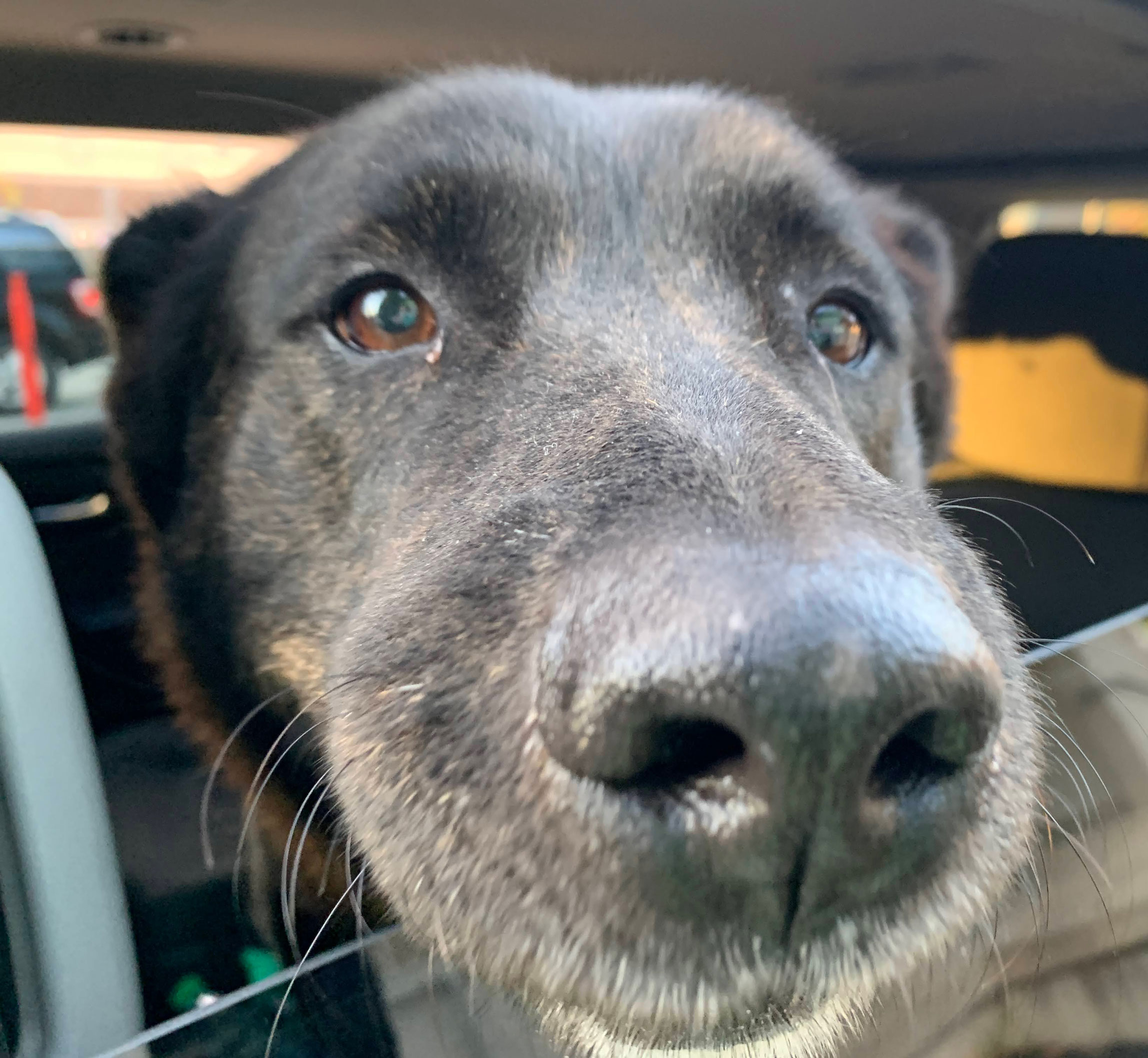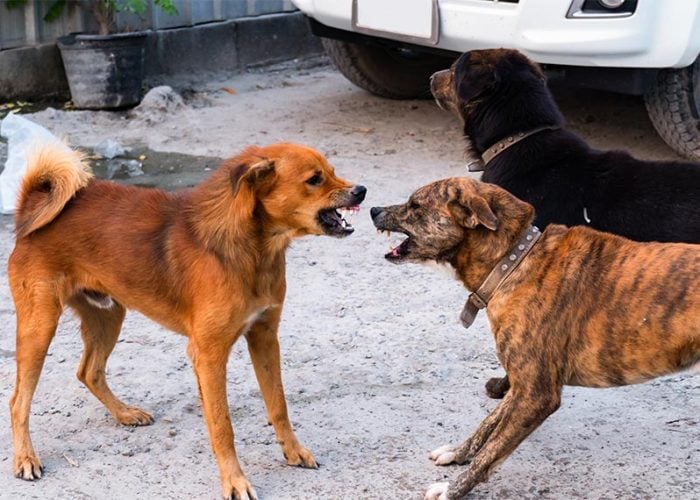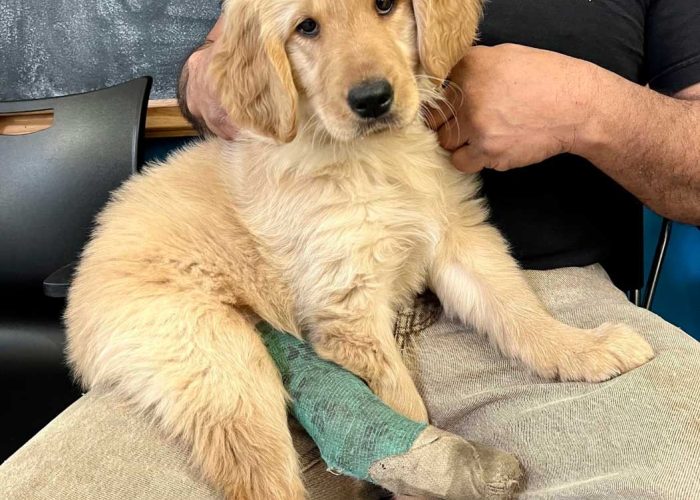The 28th of September is World Rabies Day. You might wonder why there’s a full day for one disease that’s easily preventable. The truth is that not every community, not every country, has as robust a vaccination plan in place, so the threat of death from rabies is very, very real.
Rabies is the oldest infectious disease we know of, and possibly the first recognized zoonotic disease, which means that it can be spread from animals to humans. It can be spread by mammals through saliva
It kills around 59,000 people around the world per year, most of these deaths occurring in children under 15, and most of them from dog bites in countries where vaccination programs aren’t developed enough to stop the spread of it. People here in the US get pretty laissez-faire about some of these infectious diseases, but it’s really only because of robust, affordable vaccination programs that we’ve been able to make the kind of progress we have. Without them, we’d be in a lot of trouble.
Now that doesn’t mean that we’re home free here in the US. Far from it, in fact.
The most common domestic animal to be infected by rabies in this country is the cat. Surprised? Well, here’s how it breaks down: apart from free-roaming, feral cats that haven’t been vaccinated, a lot of folks don’t get their own cats vaccinated because they’re “indoor only.” We hear it here; it’s an unfortunately common idea that because they’re indoor, they’re safe. They’re not.
Let me tell you a little story. I have two indoor only cats. My apartment is on the second floor. During the warmer months, in the evening, bats swoop around my little patio. My partner and I like to sit out there when it’s nice and just enjoy the evening. The bats swoop past us and it’s disconcerting at first, but hey, they’re eating the mosquitoes.
Well, one time we heard one of our cats playing with a toy. Except that it wasn’t a toy; it was a bat that had just managed to get in. We got the bat out safely, but if my cats weren’t vaccinated, it could have been a much different scenario, especially since Squeaks is so sheltered that she was practically climbing on the bat. It’s a death sentence if your pet ends up with rabies, so it’s a scary thing. This is why vaccination is essential and nothing to fool with.
But it’s not just pets that can be infected with rabies, remember. It’s humans, too. And the outcome for them isn’t much better than it is for pets. The CDC describes the symptoms in humans:
Symptoms then progress to cerebral dysfunction, anxiety, confusion, and agitation. As the disease progresses, the person may experience delirium, abnormal behavior, hallucinations, hydrophobia (fear of water), and insomnia. The acute period of disease typically ends after 2 to 10 days. Once clinical signs of rabies appear, the disease is nearly always fatal, and treatment is typically supportive. Less than 20 cases of human survival from clinical rabies have been documented.
So vaccination isn’t just important for pets, but for everybody.
In the US, how protected a community is from rabies is determined by two things: availability of vaccination programs, and animal control services. Unfortunately, these are two areas that don’t always function well on their own, much less together. But, aha, see, we understand this here at PRCKC. Having affordable vaccinations and doing off-site clinics in vet deserts helps us get the community protected better. Working with animal control to help folks whose pets aren’t vaccinated get them vaccinated, and working with community and feral cat caretakers to get free-roaming cats fixed and vaccinated creates more and more barriers to the spread of rabies.
And that’s important, because there are some pets that have vaccine reactions and/or immune system problems who legitimately can’t get vaccinated. That’s where herd immunity comes in. Herd immunity acts as a buffer for those pets; the more pets are vaccinated, the fewer vectors there are for the disease to spread. That means the likelihood of those unprotected pets coming into contact with the virus is decreased. And that’s a good thing for everybody.
So in the end, we live a pretty sheltered life here in the US when it comes to rabies, which is great because it’s not something we want to deal with. The reason we have this day talking about rabies because there are still so many pets and people in countries around the world that don’t have the kind of protection we have. So spread the word about rabies so that we all know the dangers, and why it’s important to have herd immunity.


